
An analysis of pooled data from 3 longitudinal clinical trials suggests that SVD score, which can be compiled via a rapid visual assessment of clinical MRI scans, may be able to improve the prediction of dementia risk.

An analysis of pooled data from 3 longitudinal clinical trials suggests that SVD score, which can be compiled via a rapid visual assessment of clinical MRI scans, may be able to improve the prediction of dementia risk.

Despite the introduction of second-generation ASMs, drug tolerability has been relatively unchanged over the last 30 years.
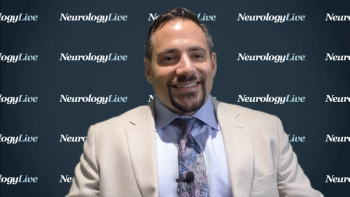
The spine surgeon in the Center for Spine Health at Cleveland Clinic spoke to the importance of improving patient-reported outcomes and ensuring consistent communication with patients undergoing spine surgery.
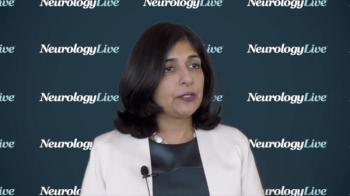
The director of the Partners Pediatric MS Center at Massachusetts General Hospital for Children provided insight on the consequences of incomplete relapse recovery in multiple sclerosis.

Impaired rhythm production and perception in patients with idiopathic REM sleep behavior disorder are correlated with early markers of Parkinson disease, according to study results.
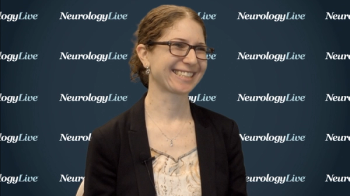
The assistant professor of neurology at the Lerner College of Medicine and neurologist at Luo Ruvo Center for Brain Health, both of Cleveland Clinic, spoke to the importance of preventing progression in MS and treating the non-inflammatory aspects of the disease.

The executive medical director of Medical Affairs/Clinical Development at Acorda Therapeutics spoke to recent pharmacokinetic data comparing inhaled levodopa (Inbrija) with oral carbidopa/levodopa.
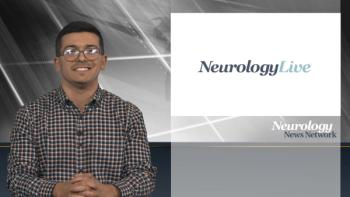
Neurology News Network for the week ending March 7, 2020.
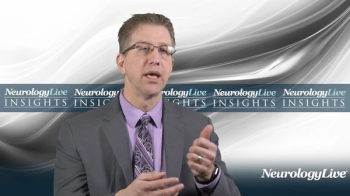
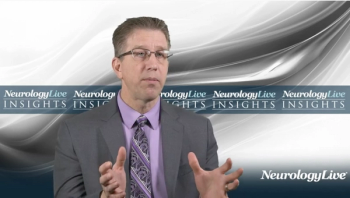
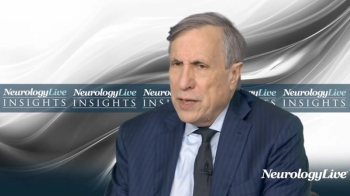
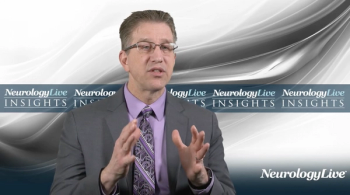
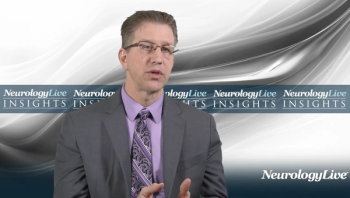
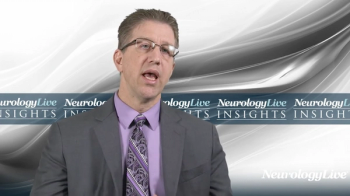
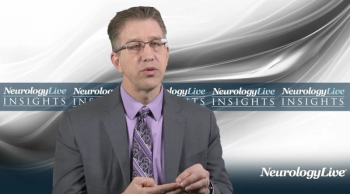
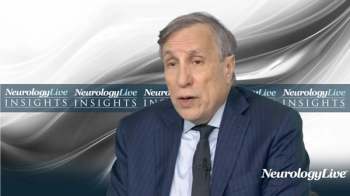
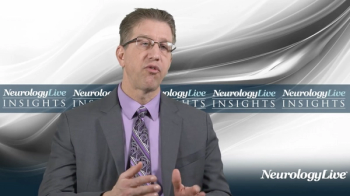
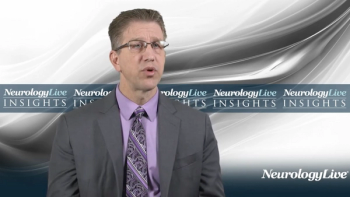
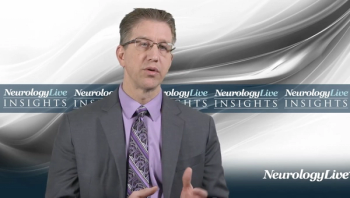

Take 5 minutes to catch up on NeurologyLive's highlights from the week ending March 6, 2020.

The drug’s Prescription Drug User Fee Act date is set for October 20, 2020.

Third year neurology resident Mona Al Banna, MB BCh BAO, MSc(Res) recounts her first major medical conference experience and provides guidance on how to make the most of your attendance, especially as a resident or fellow.
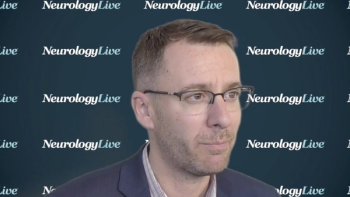
The associate professor in the department of neurology at the University of Colorado and neurologist at Advanced Neurology of Colorado discussed the advantages of cladribine and details of the ongoing CLICK-MS study.

Compared with intensive care units or normal wards, stroke units were associated with reduced mortality in patients with intracranial hemorrhage.

A 6136-patient comparative study of fingolimod, rituximab, and natalizumab suggested that the former was associated with a borderline‐significant increased risk of cancer compared to the general population.
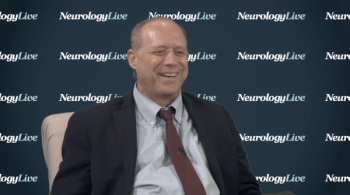
The director of the Parkinson's Disease and Movement Disorders Center of Boca Raton spoke to how a new generation of interventions has led to a shifting backdrop in the field of care in essential tremor.

Patients with relapsing multiple sclerosis showed declining scores on tests of cognitive processing speeds from baseline to 3-month follow-up post-relapse.

The chief executive officer of Clene Nanomedicine discussed CNM-Au8, their novel investigational drug that will be used in the world’s first platform trial of potential ALS treatments.

Both the 10- and 20-mg doses were associated with clinically relevant reductions in convulsive seizures with a favorable safety and tolerability profile.